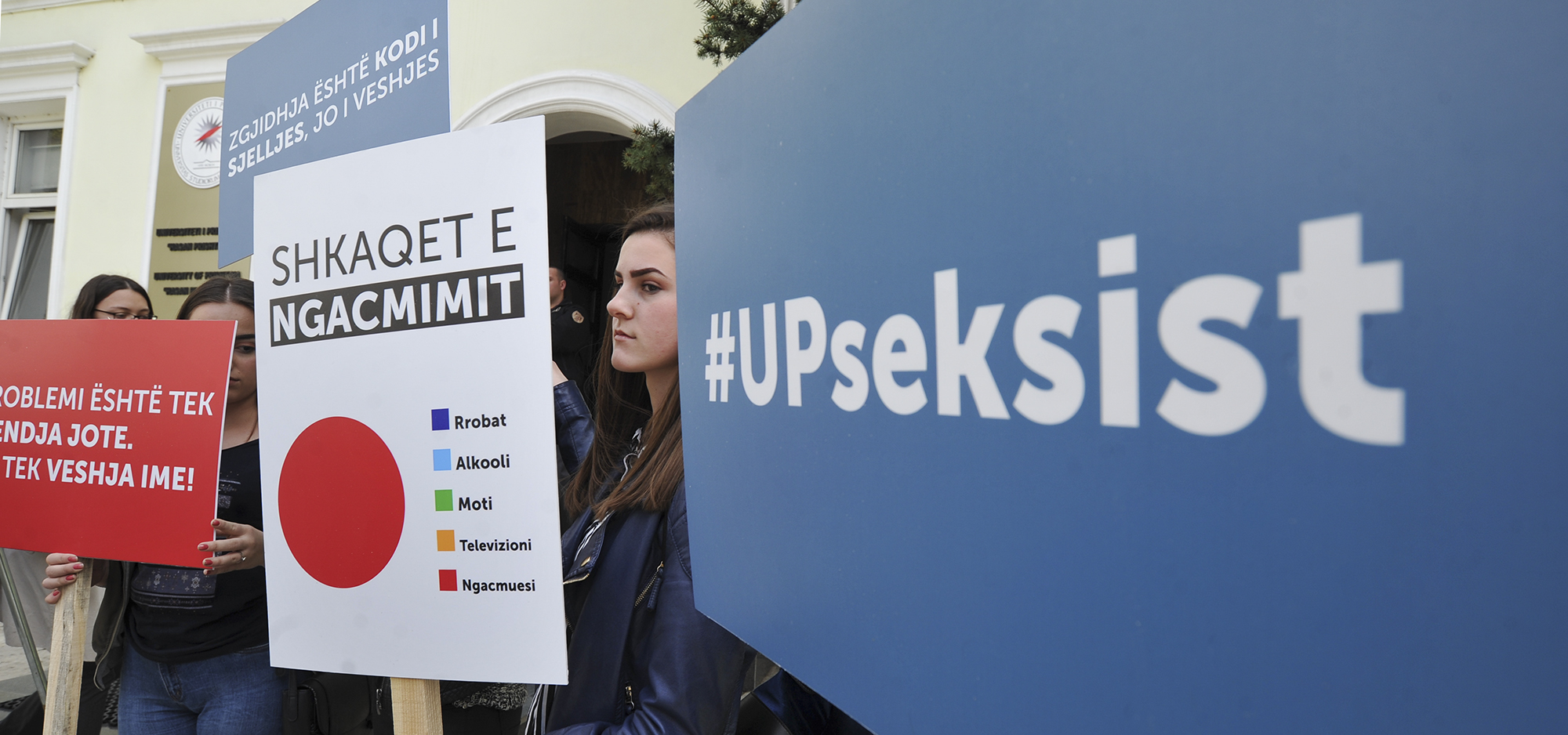
Harassment on campus
Sexual assault and harassment at the University of Prishtina in focus.
"If the University of Prishtina creates a mechanism, we believe that we will see an increase in reports.”
Venera Çoçaj, Organization for Increasing Quality in Education“I hope that more women and girls who want to report sexual harassment cases will contact me, because for women, the personal is always political.”

Dafina Halili
Dafina Halili is a senior journalist at K2.0, covering mainly human rights and social justice issues. Dafina has a master’s degree in diversity and the media from the University of Westminster in London, U.K..
This story was originally written in English.